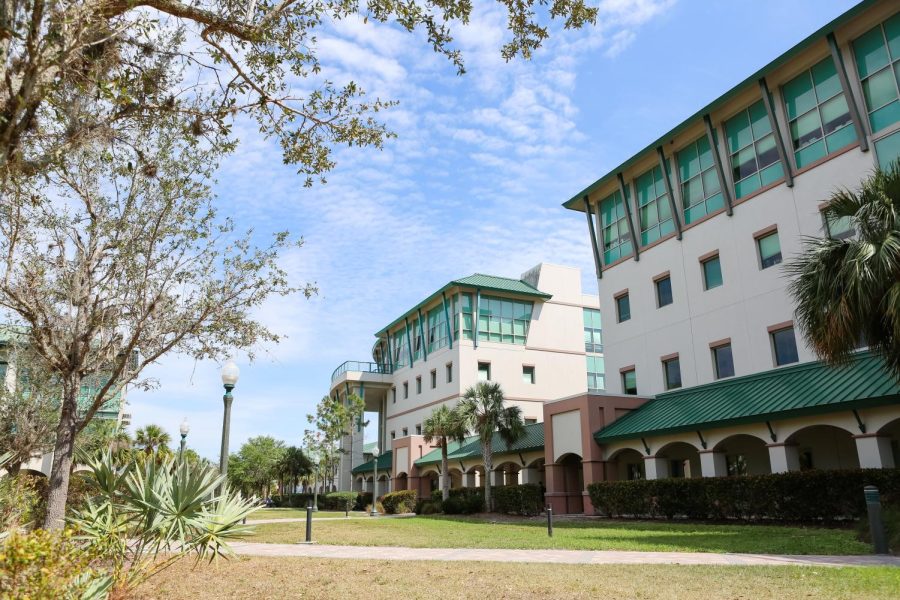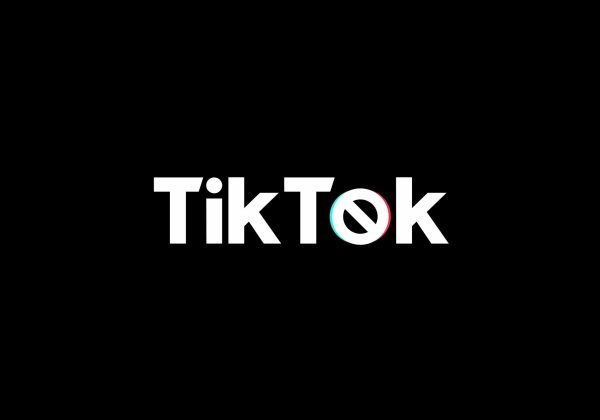Free College is Not the Answer
July 12, 2023
Student debt in the U.S. has become a major issue in recent years. The total amount has risen to $1.7 trillion according to the Chamber of Commerce and, due to this problem, progressive politicians have called for colleges to be made free. They advocate for this so students don’t have to worry about their finances in order to get an education. Progressives have also pointed out that both public and private college tuition has increased drastically in the last forty years. However, making college free is more complicated and would negatively impact education in the United States. Not only would college be worsened without tuition, but it would also erase the meaning of attending four-year public colleges.
The percentage of undergraduates receiving their college diplomas is already low with having to pay tuition. Around 62% of students complete their graduation requirements within six years of starting college. If college were to become free, this statistic would very likely drop because students would think of college as similar to high school and not be as motivated to graduate. Also, incoming freshmen may not value the importance of college in their future. A college degree can be crucial as to whether or not a person is employed. An employee’s salary is a major factor for where they fall in the tax brackets. You may ask “how are taxes relevant to the question of why public colleges shouldn’t be free?”
The answer is: public institutions receive government funding. If colleges were to become free, taxes across the board would increase and the middle class would receive the majority of this. Those who did not attend college, or couldn’t afford it, may not want to pay for someone else’s education. Offering free public college could also impact wages for people who earned a college degree as it could turn out to be more common and less meaningful.
With college being free, there will be many more people with degrees. That sounds like a good thing, but it may impact salaries for jobs that require higher education. With the increased number of college graduates, salaries requiring associate or bachelor’s degrees would drop, which could cause graduating seniors to lose motivation to follow their passion because of the lower average salary for their preferred job.
Overall, I believe the impact of free public college would bring more problems than solutions. The increase in student debt and college tuition in the United States is a problem, but we should be rational in solving these issues rather than choosing something in the moment that could come back to hurt us in the long run.












































frankiemae • Apr 18, 2024 at 1:59 pm
i think college should be free
anonymous • Apr 3, 2024 at 1:23 pm
I believe college shouldn’t be free, but cheaper. Getting books for school should not cost $400 a semester. Especially when I will never use them again.
Ohio.Gyatt.rizz.Skibidi.fanumcenat • Apr 3, 2024 at 11:56 am
️️
Skibidi • Apr 3, 2024 at 11:53 am
Poopoo
Gabriel N. • Mar 18, 2024 at 10:50 am
I very much agree with the author of this article. “Free” college education isn’t even actually free, because it has to be paid for by taxpayers. Not only that, but what’ll happen when someone fails?